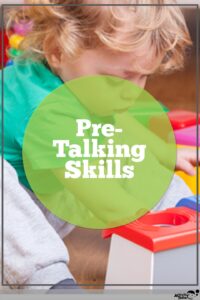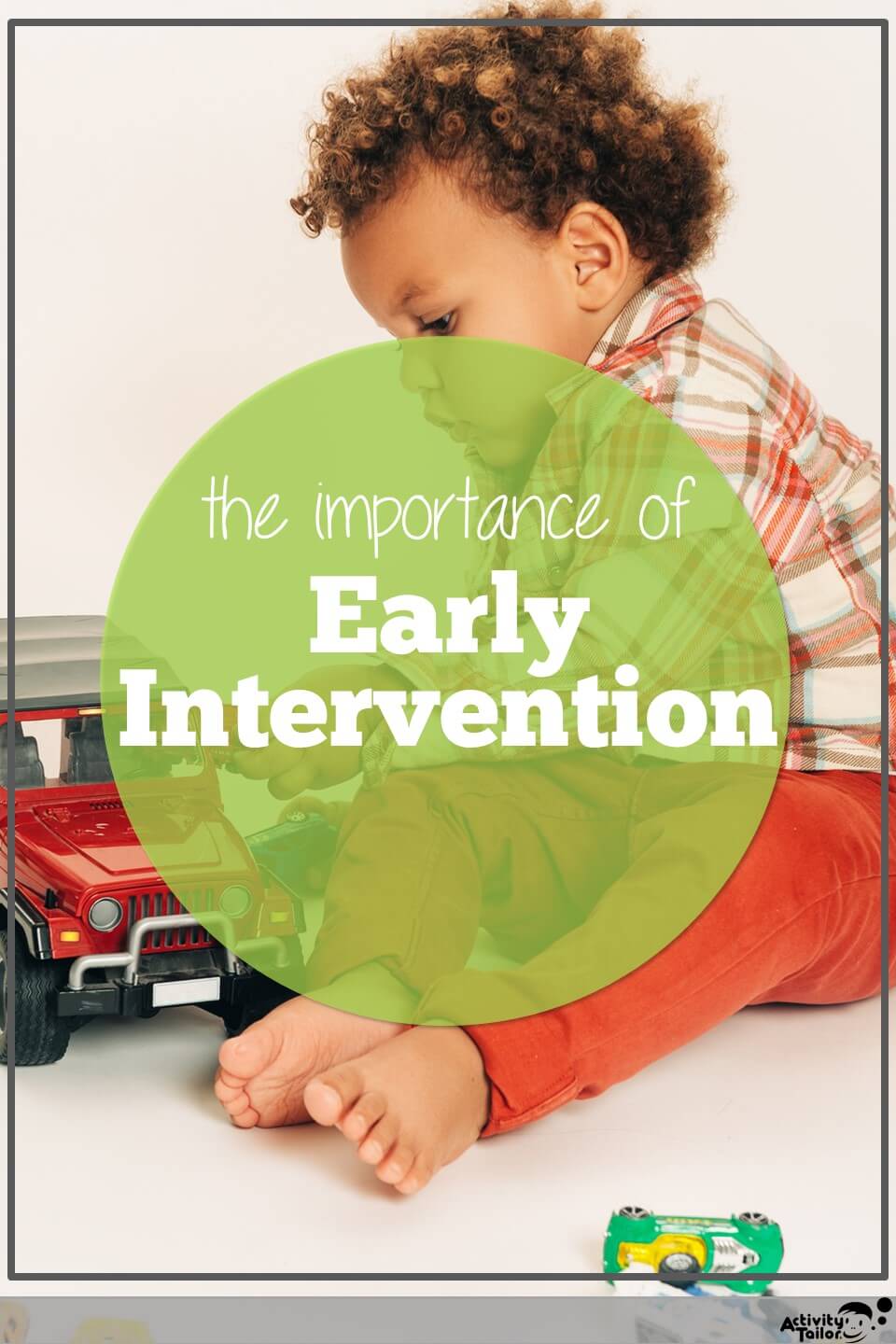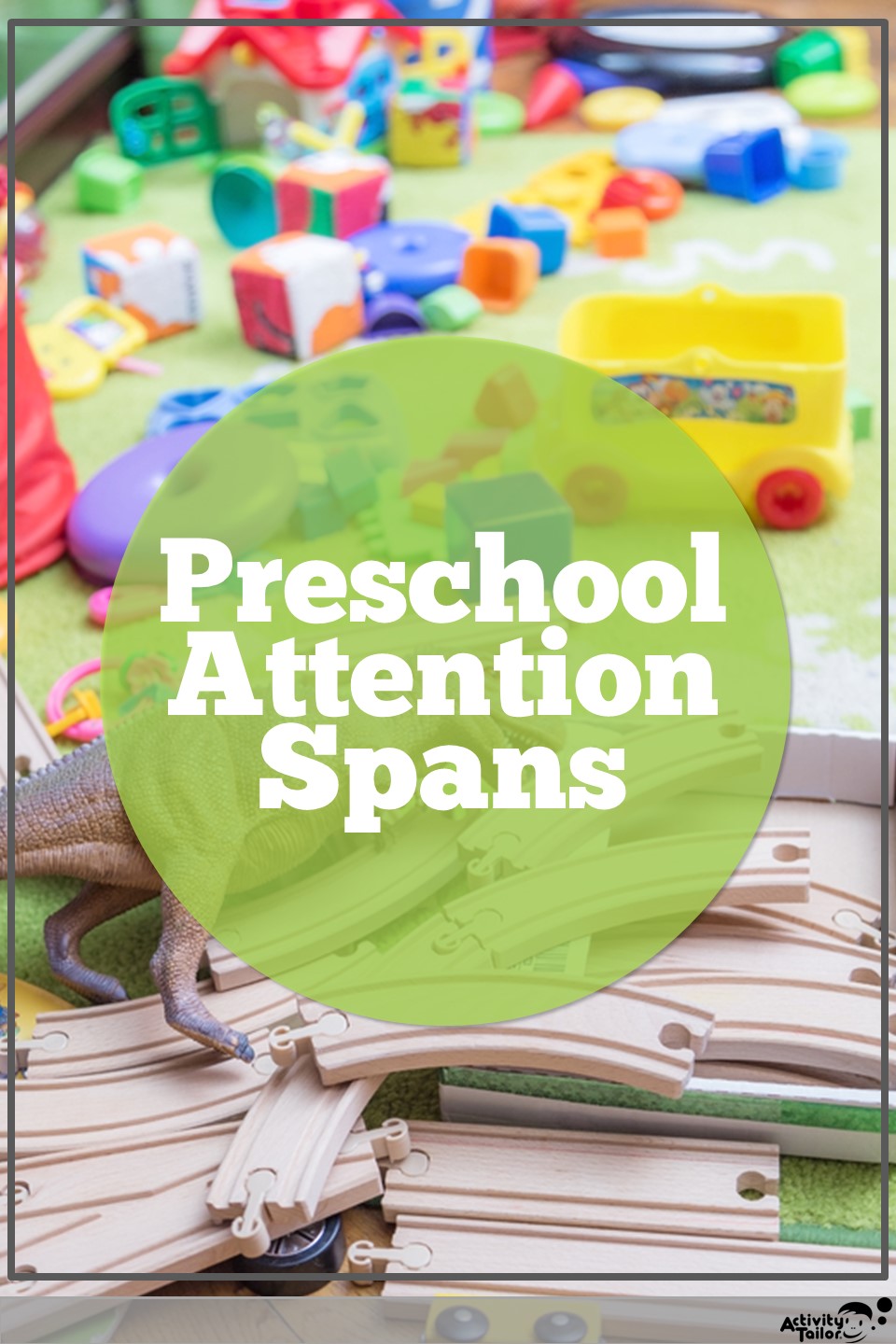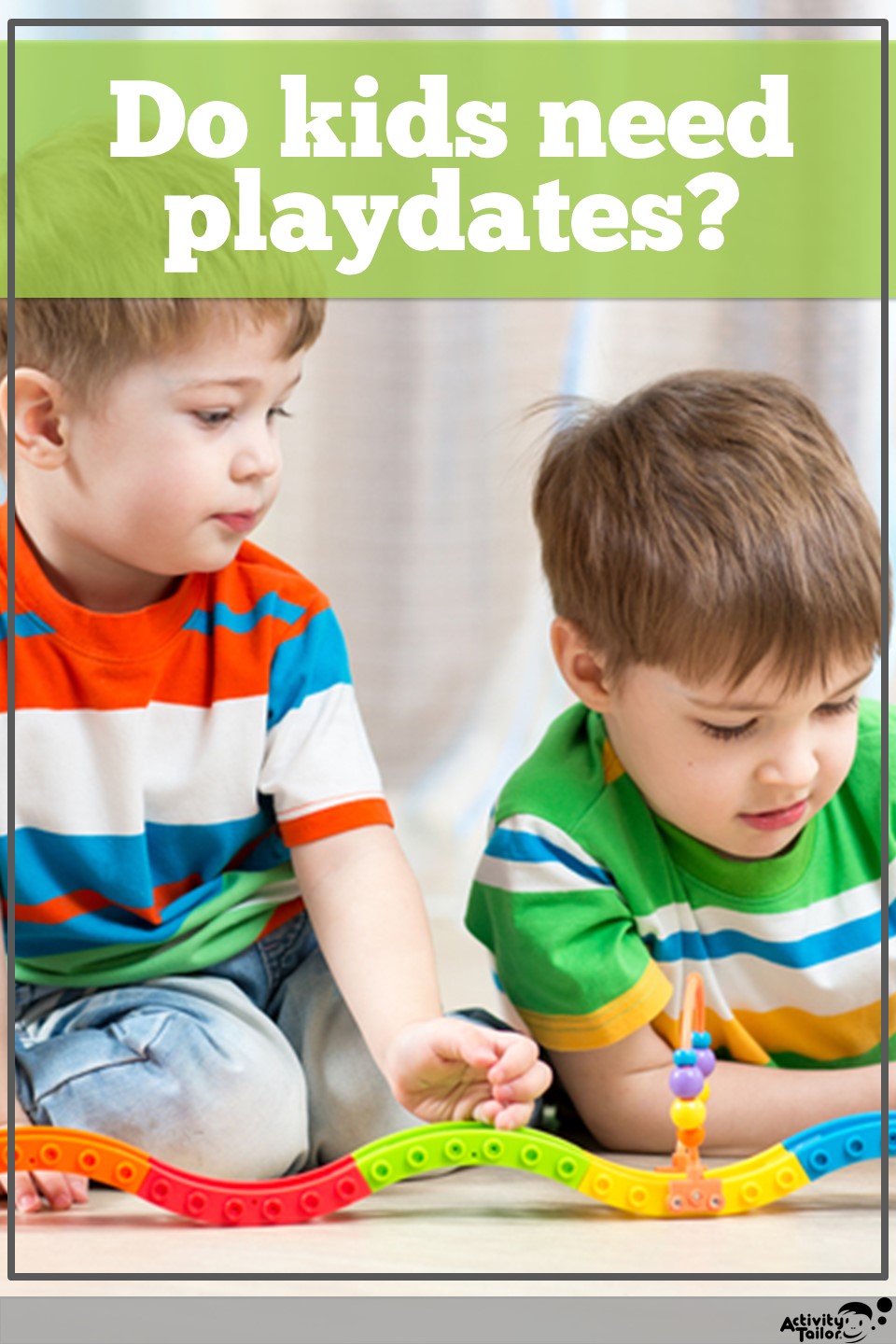
Babies and toddlers don’t just start talking one day. That first year is filled with critical learning of skills needed before they start talking. For “late talkers,” it’s very likely the delay is a result of a delay in one of these areas. Giving them support here will start them on the path towards developing their first words.
Building a Foundation
Each of these areas both builds on and overlaps with the other. For these skills to appear, we will assume the child is responsive to their environment and the people within it.
Joint attention is when both individuals are intentionally focused on the same object. It happens when one person alerts the other by pointing, using eye gaze or using words (or vocalizations). This is a sophisticated idea! Shared attention allows for an established reference to attach to language, for example, naming vocabulary. Pointing while you name things is one way to address this skill.
Joint action involves early play and social routines. Through the back-and-forth routine, the baby learns to pause in expectation of a response. We see this when we play peek-a-boo, pass a toy to one another, or when our baby or toddler makes a game out of dropping an item for mom to pick up. These exchanges develop early social skills like turn taking. An expression, gesture, look or vocalization can all qualify as turn!
Understanding simple directions and early words are needed before we can expect our child to express them. Makes sense, right? You can support them by pointing to and label pictures in a book or giving them simple directions with gestures to follow like, “Give me the car.”
Imitating is simply copying what the other person is doing or saying. Children need to be able to imitate gestures and movements before they imitate our speech! Children will usually start copying big movements first, like kicking or moving a toy car. Next, they’ll be able to imitate waving and pointing and your facial expressions. Sometimes, if you imitate your child’s movements first, they will be more likely to imitate yours!
Making purposeful vocalizations, even if they don’t sound like words, is our final building block! Usually, babies will start vocalizing with coos and giggles between 4-6 months. Then they move into a stage of babbling. This may be repeating the same sound over and over (ex. dadadada) or it might include a variety of consonants and vowels (ex. dadi or mababi). At nine months, they may develop jargon. Jargon sounds like talking, it has intonation and pauses and a variety of sounds, but has no real words….yet! The emergence of a first word usually overlaps with this stage. Hooray!
If your “late talker” or toddler needs some support to build these skills needed before talking, start to incorporate the practice into your daily routines like playtime, reading books, getting tucked in, while you buckle them into an infant seat, during bath time, feeding or diaper changes.
Looking for more info? Try a caregiver webinar! The Foundational Five Pre-Talking Skills covers the above in-depth. If you’re ready for more, try How to Teach Talking.





